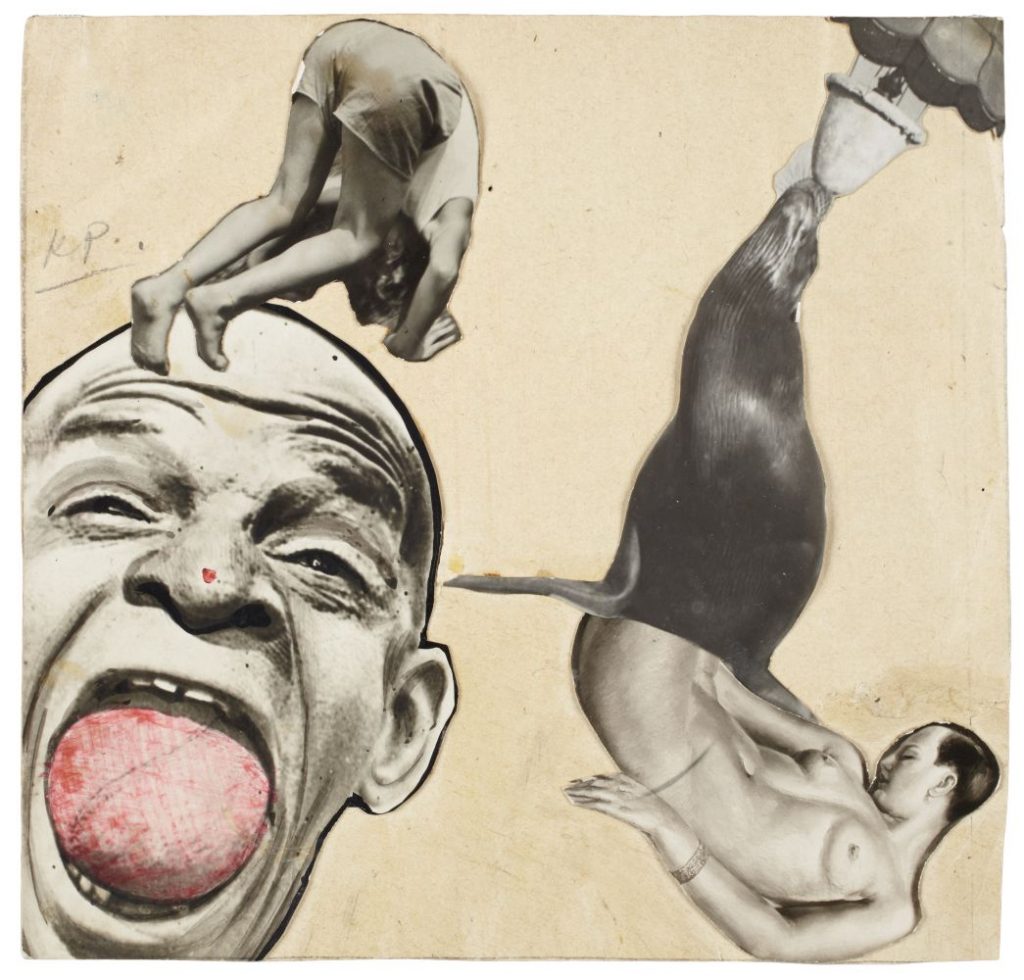Poliglotia 21/22
The POLIGLOTIA programme proposes a multidisciplinary creative process based on various languages and cultural practices that are present in the city of Valencia. To that end, we will experiment with language as a stimulation tool, along with other forms of doing, feeling and communicating. From a hybrid and intercultural perspective, the programme is also conceived as a meeting space within the museum. In POLIGLOTÍA, we seek to generate content through the interchange of experiences and knowledge for the mutual enrichment of the people and collectives taking part. We will start from its motivations and abilities to develop proposals that are aimed at a wide and diverse range of people.
The programme is coordinated by Paco Inclán, a writer and Spanish teacher for migrants and refugees, in collaboration with the activities and education department of IVAM (Valencia Institute of Modern Art). POLIGLOTIA finds inspiration in the atmosphere within a class of language learners in matters such as the desire to understand and to explain themselves, closeness to other world views through language and the relationships that are established between people that share the same space from a diversity point of view.
POLIGLOTÍA will begin with these three courses of action.
1. Grupo de Estudios Políglotas (Polyglot Study Group)
- Sessions: 2-9-16-23 November 2021 from 5.30 to 8.00pm.
The creation of a group to explore language from a multilingual perspective. We will experiment with words, stories, poems, legends, proverbs, jokes, lullabies, songs, and other expressions of the different participants’ mother tongues. We will produce proposals for energising the content created during the sessions. - Participants: Tarif Ashtar, Paula Guardiola, Yulia Fert, Badinengany Katalay-Sun, Hu Zhao, Milagros Arias, Teona Ruzadze, Fatma Guisse , Ivan Reznik, Joaquín Artime, Clara Solbes, Javier Lorente Puchades, Yahui Liu Zhou.
2. Activities programme
-
- From November 2021 to May 2022.
Activities open to the public, conceived as shared experiences between participating individuals and collectives and whoever wants to enjoy them. - Saturday 27 November at 6.00pm.
POLIGLOTÍA [open doors]. Programme presentation.
A session in which we play with words and expressions from different languages with a focus on fun and participation. The activity will be energised by the Grupo de Estudios Políglotas. - Friday, December 10. At 6 p.m.
Arabic Calligraphy Workshop with Abdelaziz Bouhlassa Bachari.
An aesthetic approach to Arabic calligraphy from a pictorial approach. We will learn the different instruments, techniques and styles that are used in this writing characterized by its beauty and flexibility. To participate, it is not essential to master the Arabic language, just be curious to know its various forms written through calligraphy. - Thursday, January 13. At 6 p.m.
Book club with United Minds.
In this session we will approach the literature being produced on the African continent with the dynamisation of United Minds, a Valencian bookshop specialising in African culture and literature. We will share a reading of the book Descolonizar la mente (Decolonising the Mind) (2015) by the Kenyan writer Ngũgĩ wa Thiong’o (Lumaru, 1938), which will serve as a starting point for reflection and debate among attendees. - Friday, March 4. At 6:00 pm
Ebru Art Workshop. Poliglotía
This workshop, led by Turkish artist Meral Gokcek, coordinator of Ebru-Valencia, will look at Ebru art, a traditional Turkish art form classed as Intangible Cultural Heritage in 2014 by UNESCO. Ebru art uses water as a canvas on which paint expands, experimenting with different traditional techniques. - Saturday 9 April. 12.00.
Gastronomic grammar, workshop with Cocinas Migrantes. We see this activity as a way of experimenting with gastronomic grammar – the inner structures which, as with language, create meaning in our social and natural realities. We will use different auditory, visual, tactile, linguistic and of course, culinary applications as forms of mediation between participants and elements of migrant cuisine. We will build new grammatical structures as a means of favouring open, fluid identities. During the session, we will look at the Afghan diaspora with the technical and culinary assistance of Najib Miri and his family, who will be offering us a gastronimic sample to round up the activity. - Saturday 7 May. 11.00.
China-Valencia: When two worlds meet. You are invited to a guided walk with Hu Zhao, a Chinese actor who lives in Valencia, who will draw our attention to spaces and everyday items in the city that evoke aspects of Chinese culture. We will discover these evocations on facades, in menus, in small shops and establishments we will visit along the poetic, symbolic passage into Chinese culture through Valencia and vice-versa.
- From November 2021 to May 2022.
3. Inventari. Poliglotía (The museum thinks together)
This final stage of the project proposes creating a place for meeting and brainstorming, reflecting on the possibilities, limits and problems related to the museum itself as an architectural, institutional, relational, creative, and exhibition area. As such, we propose the formation of a project team that can think together about the inventory of the tensions, challenges, and opportunities offered by the different agents and experiences that constitute part of museum life. From March to June 2022.



